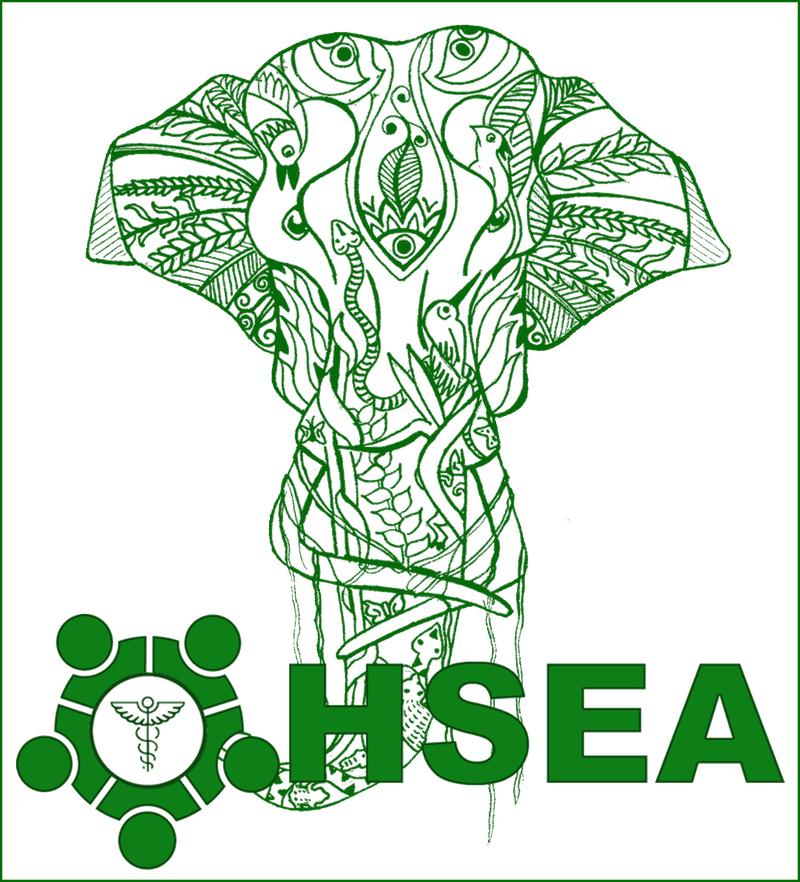Law and policies regarding wildlife value chain /supply chain: from international commitments to national legislations
INTRODUCTION TO THE PROJECT
The Covid19 pandemic has highlighted the link between wildlife trade (wild animals) and emerging infectious diseases. Illegal wildlife trade constitutes an environmental crime. It affects all countries and has impacts on biodiversity, human health and socio-economic development.
Understanding what a wildlife value chain is, a first step to limit zoonotic disease spread. Potential risks of exposure and infection both to animals and people extend through a chain of economic activities related to producing, buying and selling of animals and products.
The wildlife value chain can be defined as whole range of activities (including value adding processes) and relations (rules for interactions/governance) associated with production, harvest, exchange, transport and distribution of wildlife, wildlife products and by-products (FAO, 2011).
However, while a value chain approach is prone to assess and manage the risk of zoonotic disease, it is crucial to understand the law and regulations framing the different steps of the wildlife value chain. Our aim is to understand how the wildlife value chain is regulated and controlled and then integrated into a framework of risk management of disease emergence in Southeast Asia in general and in Singapore and Malaysia more specifically and thus to contribute to the international initative PREZODE to prevent emerging zoonotic risks and pandemics, in line with the One Health approach.
In order to do that we have to consider the different steps of the wildlife value chain as they already have been established in the Asean Region with the aim to combat wildlife trafficking and to limit the risk of exposure to diseases and assess the potential gaps or strengths.
PROJECT IN ACTION
Task 1 : How the international agencies are organized to regulate wildlife trade/wildlife crime
Identify the international and regional organisations involved in the wildlife value chain regulation
Task 2: How the main elements of international regulation are taken into account at the regional level by the ASEAN and regional organisations such as the Asean Centre for Biodiversity, ASEAN-WEN or NGOs such as TRAFFIC, Change or WCS.
Gather the main recent reports and regulating the declarations and texts framing the institutions and potential NGOs involved : UNODC (United Nations Office on Drugs and Crime), CITES focal points, Interpol Wildlife Enforcement, Asean Centre for Biodiversity, ASEAN-WEN or NGOs such as TRAFFIC, Change or WCS, as well as local administrations.
Task 3 : Gather and collate all relevant legislation including the administrative agencies established to implement and enforce the legislation.
– Examining and map the specificities of national legislations within ASEAN and there connections regarding the adoption of law and policies in relation to 1) wildlife trade and wildlife trafficking, 2) health risk assessment
– Listing the authorities involved along the wildlife value chain regulation and control (customs, police, trade authorities, wildlife authorities, veterinary services …).
– Determining where a cooperation using a One Health approach will be beneficial for a consistent control of wildlife traffic in Southeast Asia and between the region and the rest of the world.
NEXT STEPS
- The team plans to keep in touch with the colleague with whom they started the project and to build a network of legal researchers working on wildlife issues at their university and in relation to the subject of their research, starting with their Malaysian colleagues at the University of Malaya for projects on urban wildlife management.
- Group discussions and workshops will be organised in Kuala Lumpur with available respondents from the relevant ministries.
A scientific paper will be submitted (the project development time was too short), so that a report on the project can be shared to raise awareness among the various stakeholders involved in the focus group survey that will be carried out.
SeaWildLaw ON THE WEB
XXXX
CONTACT
Project leader : Ainul JARIA MAIDIN (ainulj@iium.edu.my)
Associated researchers : Claire LAJAUNIE (claire.lajaunie@inserm.fr)
Countries involved : Malaysia, Singapore and France
